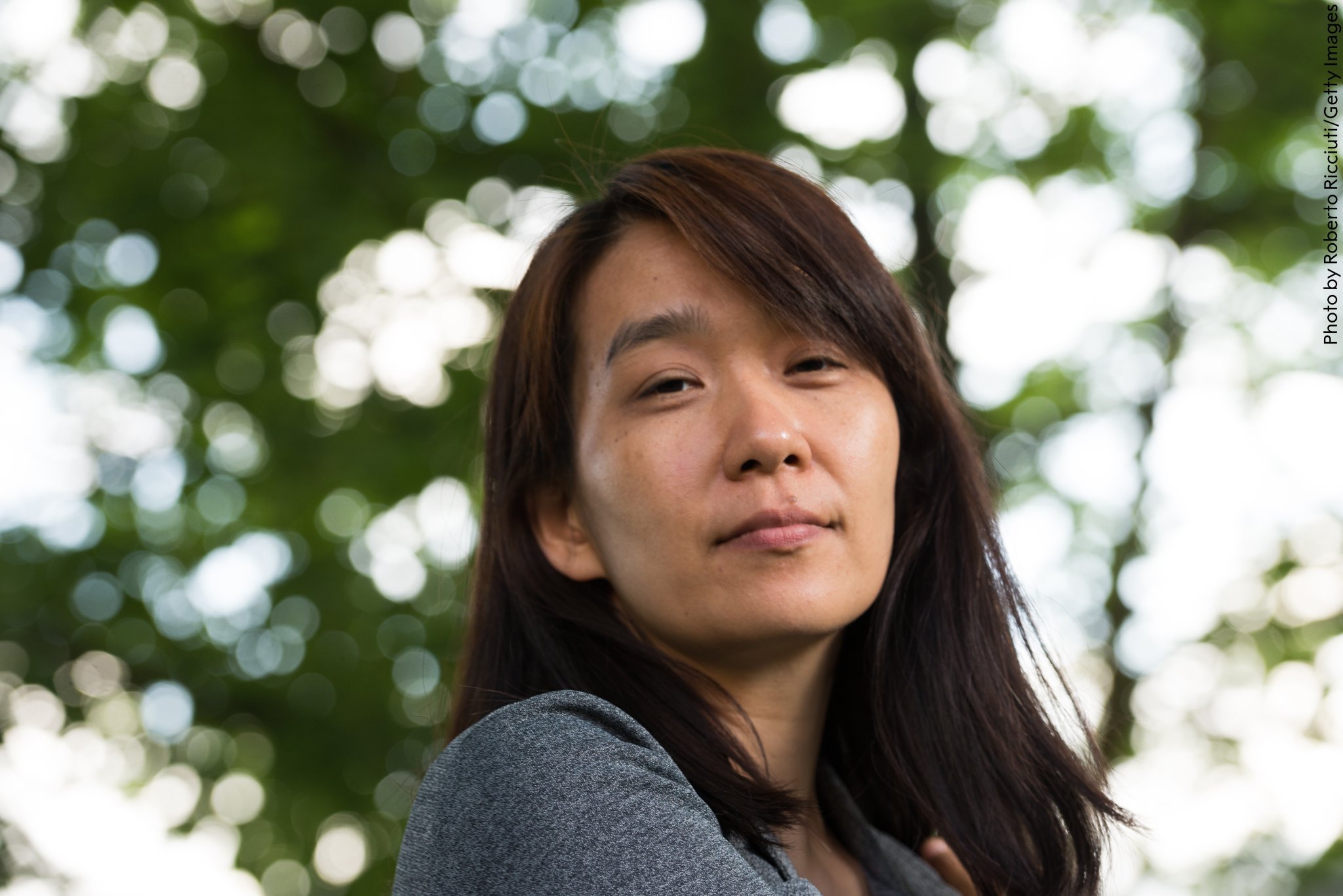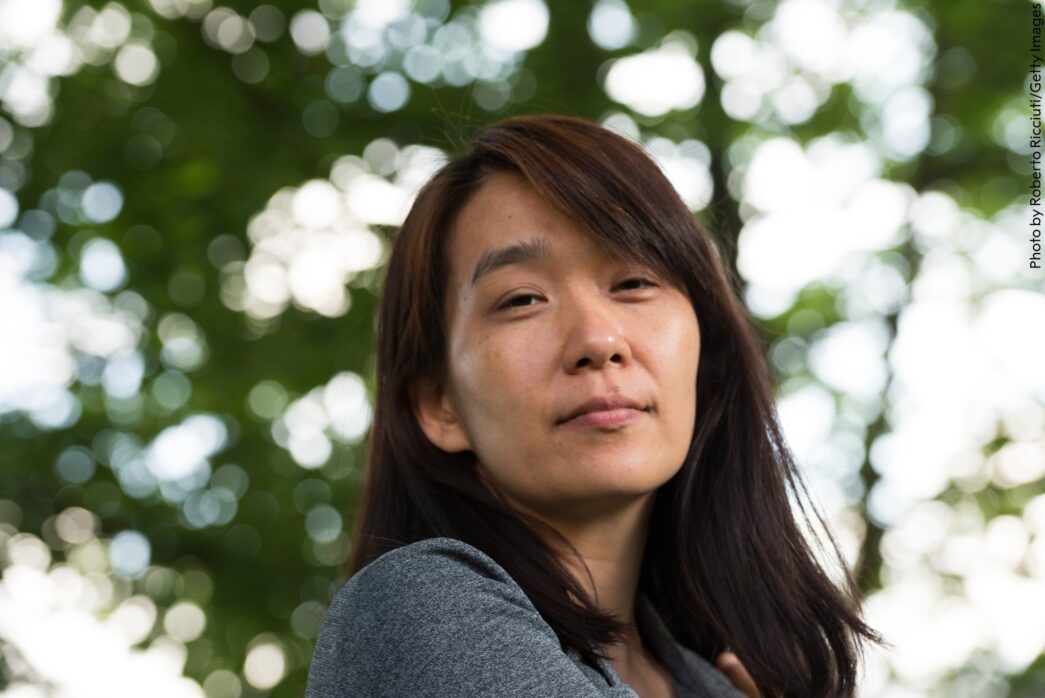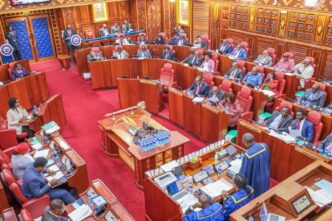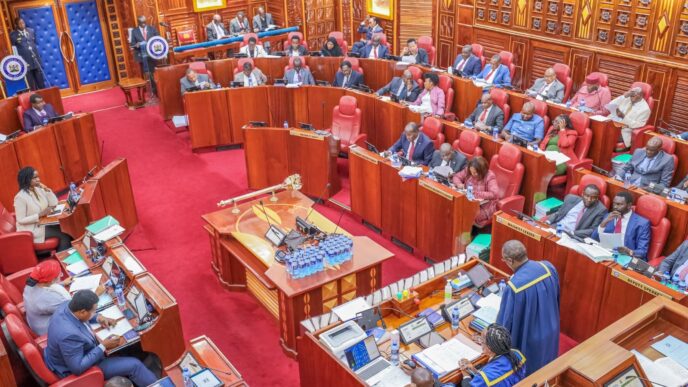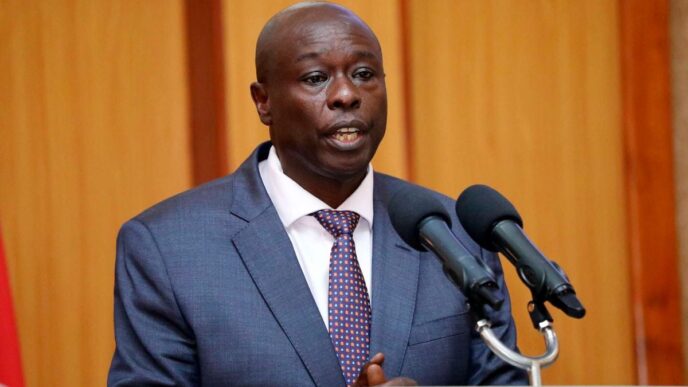Han Kang
Han Kang, a South Korean author, has been awarded the 2024 Nobel Prize in literature.
Mats Malm, permanent secretary of the Swedish Academy’s Nobel committee, announced the prize in Stockholm on Thursday.
Kang, 53, is the first South Korean writer to win the esteemed literature prize.
She is also the 18th woman out of the 117 winners selected since 1901.
Advertisement
The prize has a cash award of 11 million Swedish kronor ($1 million).
Best known for ‘The Vegetarian’, one of her first books to be translated into English, Kang was named the prize winner for her “intense poetic prose that confronts historical traumas and exposes the fragility of human life”.
“I was able to talk to Han Kang on the phone,” Malm said after announcing the winner.
Advertisement
“She was having an ordinary day it seemed, she had just finished supper with her son. She wasn’t really prepared for this, but we have begun to discuss preparations for December (when Han will be presented with the Nobel prize).”
In ‘The Vegetarian’, a three-part novel, Kang told a bone-chilling tale of a woman’s decision to stop eating meat and to live a more “plant-like” existence after suffering unsettling nightmares about human cruelty.
At the announcement ceremony, Anna-Karin Palm, a member of the Nobel committee for literature, said readers unfamiliar with Han’s work should begin with ‘Human Acts’.
It is a 2014 novel reflecting on the 1980 Gwangju uprising, when more than 100 civilians were killed during pro-democracy demonstrations led by students in the South Korean city.
Advertisement
The committee said her work is characterised by a “double exposure of pain, a correspondence between mental and physical torment with close connections to Eastern thinking”.
Some of Kang’s works include The White Book and Greek Lessons.
ABOUT THE NOBEL PRIZE
The Nobel prizes were instructions laid out in Alfred Nobel’s will.
Advertisement
Nobel was a Swedish chemist, engineer, inventor — best known for inventing dynamite — and businessman.
In his last will, signed on November 27, 1895, he bequeathed the majority of his fortune to create prizes for those who “conferred the greatest benefit to mankind” in fields such as physics, chemistry, medicine, literature, and peace.
Advertisement
Nobel died on December 10, 1896, in Italy.
Initially, his will faced skepticism but eventually led to the establishment of the Nobel Foundation and the first awards being given out in 1901.
Advertisement
Nobel instructed that the prize for literature be awarded by the Swedish Academy founded in 1786 by King Gustav III.
In 1986, Wole Soyinka became the first sub-Saharan African to win the Nobel prize in literature.
Advertisement
The committee said the motivation for selecting Soyinka was his ability to use “a wide cultural perspective and with poetic overtones (to) fashion the drama of existence”.
Add a comment
